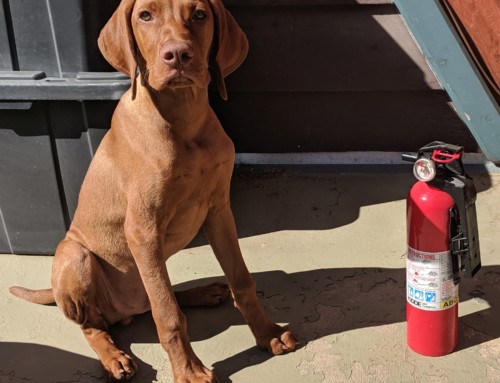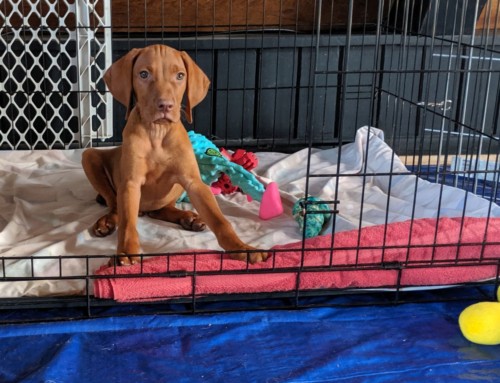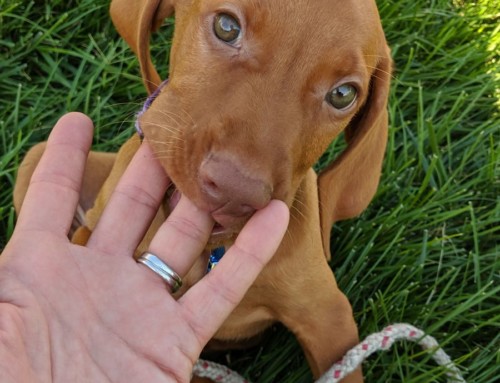DOG TRAINING OFFERED IN-PERSON AND ONLINEOur dog training services are delivered in almost any format that meets your needs. We have GROUP CLASSES at our indoor and outdoor facilities on our farm, ONLINE LIVE STREAMING classes, and SELF-PACED VIDEO-BASED training through our Online Dog Training Course. Our PRIVATE TRAININGS can be done in-home, outside, in public dog-friendly locations, at our facility on our farm, online via phone or video conferencing and through email. |
Think you know your dog breeds pretty well? Ok, then, here’s a test for you. From the following list, rank the order in which you think each breed is most likely to show aggression or reactivity (barking, lunging, growling, pulling on leash) toward other dogs when on leash:
- American Pit Bull Terrier/Staffordshire Terrier (2 different breeds but listed together since most people don’t know the difference between the two)
- Border Collie
- Boxer
- English Bulldog
- German Shepherd
- Golden Retriever
- Labrador Retriever
- Mixed Breeds
Ok, I listed several different breeds plus “mixed breeds.” Did you rank them? Which do you think is most likely to be reactive on leash? Which do you think is least likely?
Ready for my answer? Sorry, it’s a trick question! I am not aware of any studies looking at that particular question, so I listed several of the reactive dogs I am working with right now. I am working with at least one of each of these dogs, and in most cases more than one of these breeds.
My point is that you cannot predict which dogs will be reactive simply by looking at their breed. Nor can you predict many other things. While breed will give you the tendencies for that breed, every dog is an individual and should be looked at as such.
The other misconception about these leash reactive dogs is that they are all highly dog aggressive and want to attack other dogs. Guess what, many of these dogs go to dog parks, day care or are in other situations where they interact with other dogs off leash and get along fine with other dogs! In other cases, given the choice, some of these dogs will go the other way and do their best to avoid other dogs.
Leash reactivity can be caused by many different things, so there is not one-size-fits-all answer as to which dogs will be leash reactive or why they are leash reactive. More often than not, fear and anxiety are the underlying issues, even if it does not look that way. Frustration is another big issue with these dogs.
If your dog is NOT leash reactive, count yourself lucky – it’s far more common than you might think! So have some compassion for those who do have dogs like this. Give them some space, don’t judge, and send some positive vibes their way!
Our goal is to positively impact the lives of as many dogs and their families as we can, in part through our extensive library of video, infographics and text articles. 
|













[…] reactivity (dogs who are reactive while they are on a leash), Sue Brown, MNM, CDBC, CPDT-KA, states “you cannot predict which dogs will be reactive simply by looking at their breed.” She […]